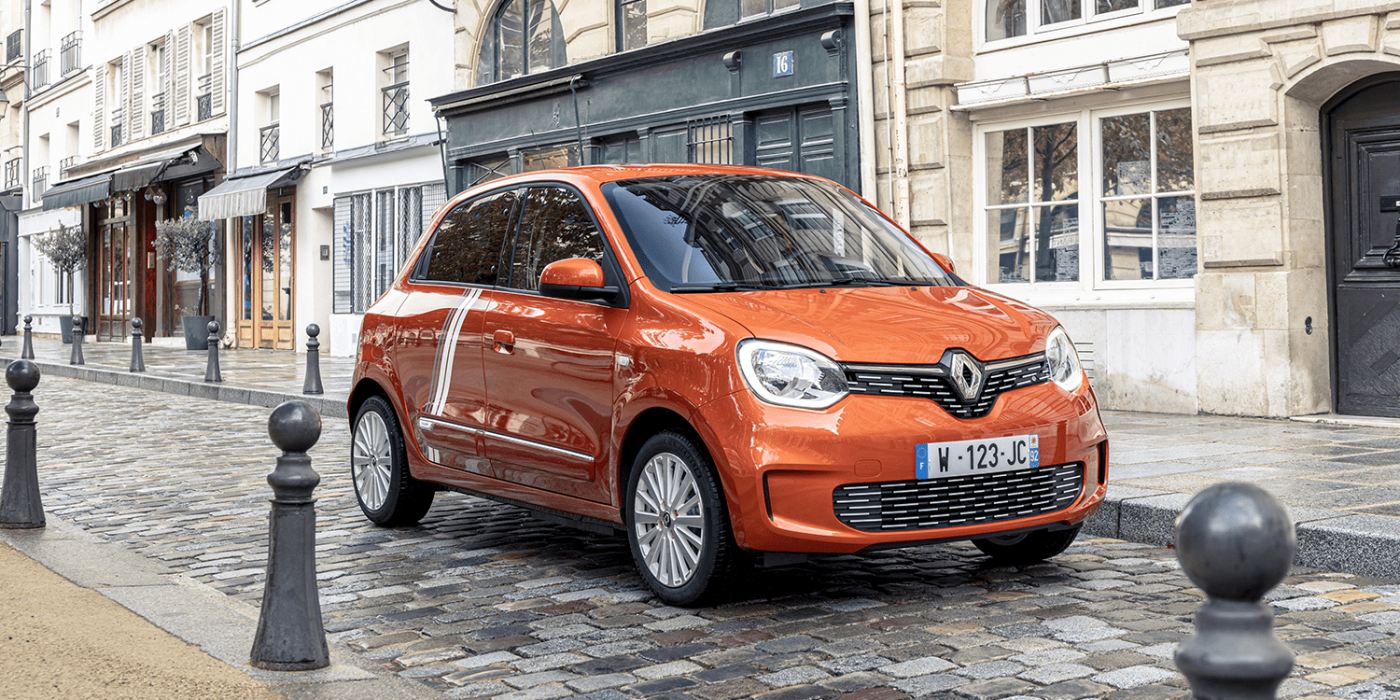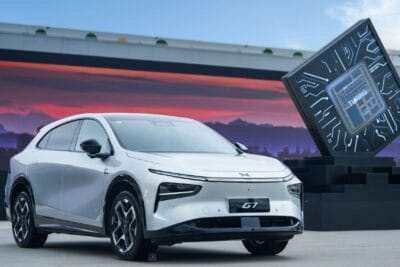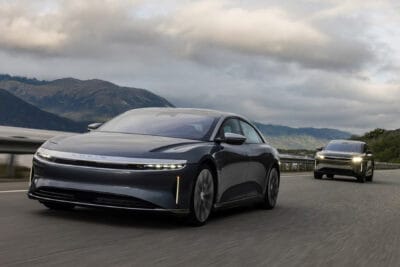France suspends EV leasing programme for low-income earners
According to media reports citing statements from the Elysée Palace, a good 50,000 leasing contracts have already been approved under the special low-income conditions since the start of the year. Just one and a half months after the programme was launched, this figure is more than double the 20,000 to 25,000 vehicles initially budgeted for the whole of 2024, which is why the programme will be suspended temporarily and only resumed at the end of 2024 for the year 2025.
As part of the programme, people with an annual income (“tax reference income”) of less than 15,400 euros have been able to lease an electric vehicle for 100 to 150 euros per month since the beginning of 2024. The 100 euros were available for “city vehicles” and the 150 euros for “family vehicles.” Another requirement was that the person travelled at least 8,000 kilometres per year because of work or that their workplace was more than 15 kilometres away.
The government launched the programme to boost demand for electric cars among residents who would otherwise not be able to afford them. Reuters says the initiative could have been launched earlier but only started this year because French car manufacturers “were not ready with enough eligible vehicles.”
France still offers other subsidies that will remain in place. As part of the state environmental bonus (“bonus écologique”), buyers of electric cars in France regularly receive a financial incentive of 5,000 to 7,000 euros, regardless of their salary. In both cases, the incentives are linked to the CO2 emissions from the production of the vehicles and batteries. A points system decides which vehicles qualify for the subsidy. It evaluates various environmental criteria, including, for example, the characteristics of the vehicle model itself, its weight, the origin and environmental impact of the materials used, the ecological balance of the assembly plant, and the transport routes to the point of sale. It is virtually impossible for Chinese manufacturers to fulfil the criteria.
As a result, there is not a single electric car made in China on a subsidised list published by the government in December. However, around two-thirds of the electric vehicles on sale in France are eligible, including many models from the Stellantis Group, Renault and German manufacturers. The Tesla Model Y from German production is also eligible for the subsidy.
At the same time, France tightened the “malus écologique” at the beginning of the year. The environmental malus is a tax payable once a car is first registered in France, which should ensure that lighter and low-emission vehicles are placed on the market. The penalty tax, which is based on CO2 emissions, has been in force since the turn of the year for cars from 118 g/km according to WLTP (previously from 123 g/km) and starts at 50 euros. What still seems relatively moderate increases rapidly with higher CO2 emissions – to a maximum value of up to 60,000 euros (previously: 50,000 euros). The latter applies if CO2 emissions are higher than 194 grams per kilometre.
In addition, a penalty has been applied to particularly heavy combustion cars since the beginning of 2022. Most recently, this was levied from a vehicle weight of 1,800 kilograms, now from 1,600 kilograms. For vehicles weighing between 1,600 and 1,799 kilograms, ten euros per kilo of “excess” weight will now be due, between 1,800 and 1,899 kilograms 15 euros, from a weight of 1,900 to 1,999 kilograms, 20 euros per kilo, from 2,000 to 2,099 then 25 euros and over 2,100 kilograms 30 euros. According to estimates, ten per cent of new diesel and petrol cars on sale in France will weigh more than 1,800 kilograms in 2024.
Reductions in the malus are granted to large families with often larger (and heavier cars) as well as first-time registrants of converted vehicles, provided that the registration takes place six months or more after the initial registration due to the conversion of the vehicle.
reuters.com, lefigaro.fr, tv5monde.com (both French)





0 Comments